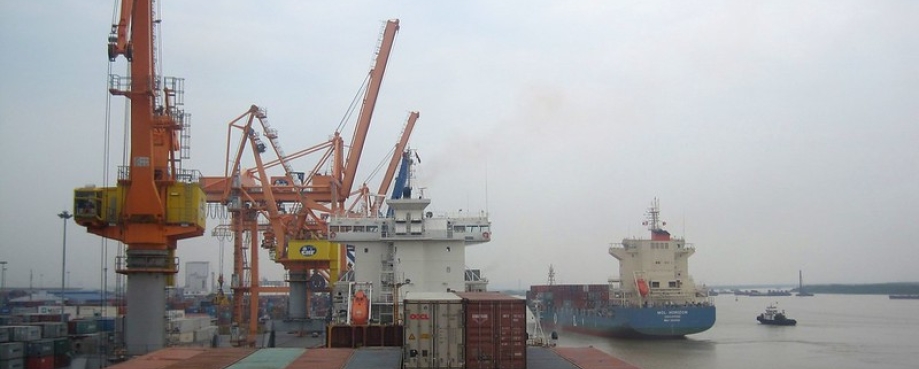
25 June marks the International Maritime Organisation’s ‘Day of the Seafarer’. The theme for 2024 is “Navigating the Future – Safety First”, yet since November 2023 too many seafarers transporting global trade have faced increased danger at work.
Over the last eight months, attacks on shipping in the Red Sea have killed and injured seafarers. According to ETI trade union members, the International Transport Workers’ Federation (ITF), this year alone merchant ships along this route have suffered 60 attacks by Houthi rebels, ‘sinking two, seizing another, and attacking dozens more’.
Today, and every day until these attacks cease, ETI supports the ITF’s calls for urgent action to guarantee the safety and security of seafarers.
At ETI, we have briefed our company members on the heightened human rights risk this crisis presents, and the steps necessary to mitigate against them. We have also shared steps wider responsible business can and should take to protect the seafarers transporting their goods. We encourage responsible business to conduct human rights due diligence in their logistics supply chain and engage with the ITF to ensure workers transporting your goods are protected by their agreements.
